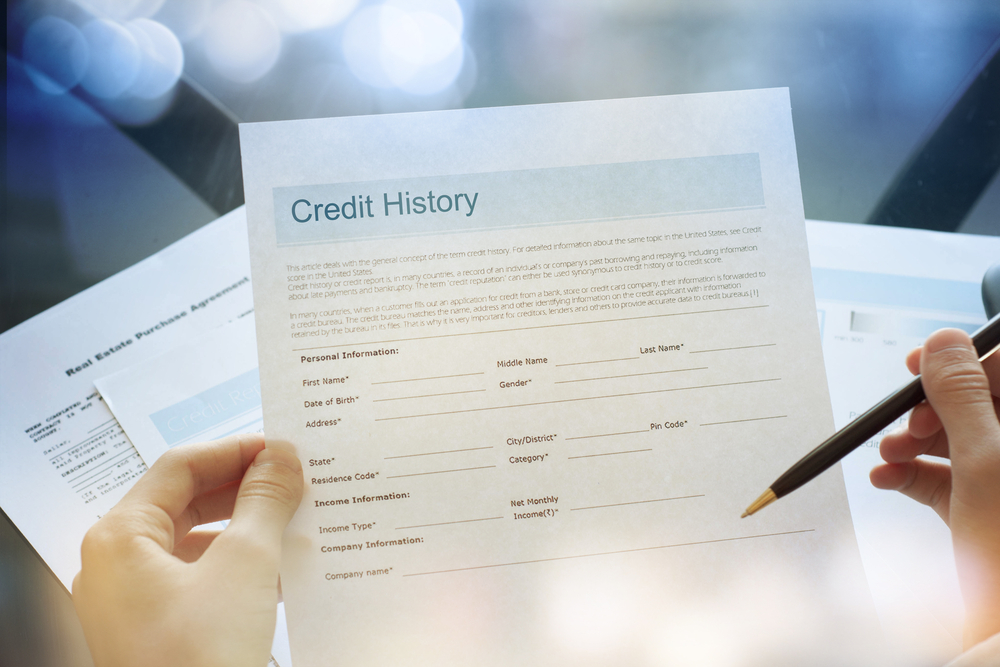Understanding Your Credit Score & Report
First Time Auto Buying
Credit + Responsibility
Establishing a good credit score and credit history are important if you're wanting to take out a loan. Borrowing money for your first car is usually one of the first big financial steps you take, so it's important to establish a solid score and history ahead of applying to help you get the best rate!

What information is on my credit report?
- Personal Information: Your Name, date of birth, social security number, address, and employment information will be included.
- Trade Lines: Types of credit accounts and loans you have, along with the dates they opened, the beginning and current balances, and your payment history.
- Public Records: Bankruptcies, foreclosures, judgments, and accounts in collections.
- Inquiries: List of companies (such as lenders, employers, or collection agencies) who have pulled your credit within the last two years.
How is my credit (FICO) score calculated?
- Number of Trade Lines: How many credit accounts you have to your name.
- Length of Credit History: Factors in the oldest, newest, and average age of all of your credit accounts.
- Payment History: On-time payments positively affect your score, and delinquencies negatively affect your score.
- Amounts Owed: The amount of outstanding debts you have yet to pay.
- Types of Accounts: Credit cards, mortgages, student loans, vehicle loans.
What are the three types of credit lines?
- Revolving: Credit accounts that are approved up to a set amount (credit limit), have no final payment date, and can be paid back in partial or full monthly payments. Examples include credit cards and lines of credit.
- Installment: Credit accounts that are approved for a fixed amount and term, and are paid back in set monthly installments. Examples include vehicle loans and student loans.
- Real Estate: Real estate loans are another type of installment loan, but they are often the most important trade line on a credit report. Examples include mortgages and home equity loans.
What can cause my credit score to go down?
- Bankruptcy: 250 points lost
- Foreclosure: 150 points lost
- Repossessions and Judgments: 100 points lost
- Garnishments and Tax Liens: 75-100 points lost
- Deeds in Lieu and Short Sales: 80 points lost
- Collections: 75-100 points lost
- 30-Day Delinquencies: 60 points lost
Credit scores normally range from 300 to 850. Therefore, any one of the above items can have an immediate and major negative impact on your score.
Terms to Remember:
- FICO Score: The score, determined by the Fair Isaac Corporation, used by most lenders to determine your credit rating (300-850.)
- APR (Annual Percentage Rate): The cost of credit on a yearly basis, expressed as a percentage rather than a dollar amount.
- Bankruptcy: A legal proceeding that can release a person from repaying debts.
- Collateral: Property you promise to give to the lender if you do not pay back a loan.
- Secured Loan: A loan backed by collateral.
- Unsecured Loan: A loan that is not backed up by any sort of collateral but only by the customer’s promise to pay.
- Variable Interest Rate: When a loan’s interest rate may change during the term of the loan, as written into the loan agreement.
- Fixed Interest Rate: An interest rate on a liability, such as a loan or mortgage, that remains fixed for either part of the term, or the entire term, of the loan.
Credit Sense
3Rivers members can monitor their credit score for free, anytime, using our Credit Sense tool! Stay on top of your score, get alerts when things change, and receive tips and tricks for improving it.